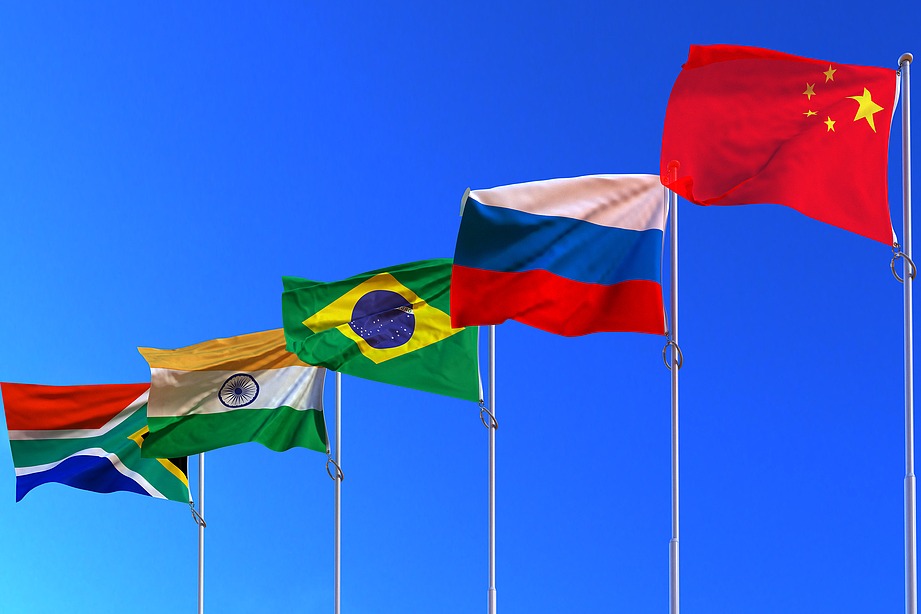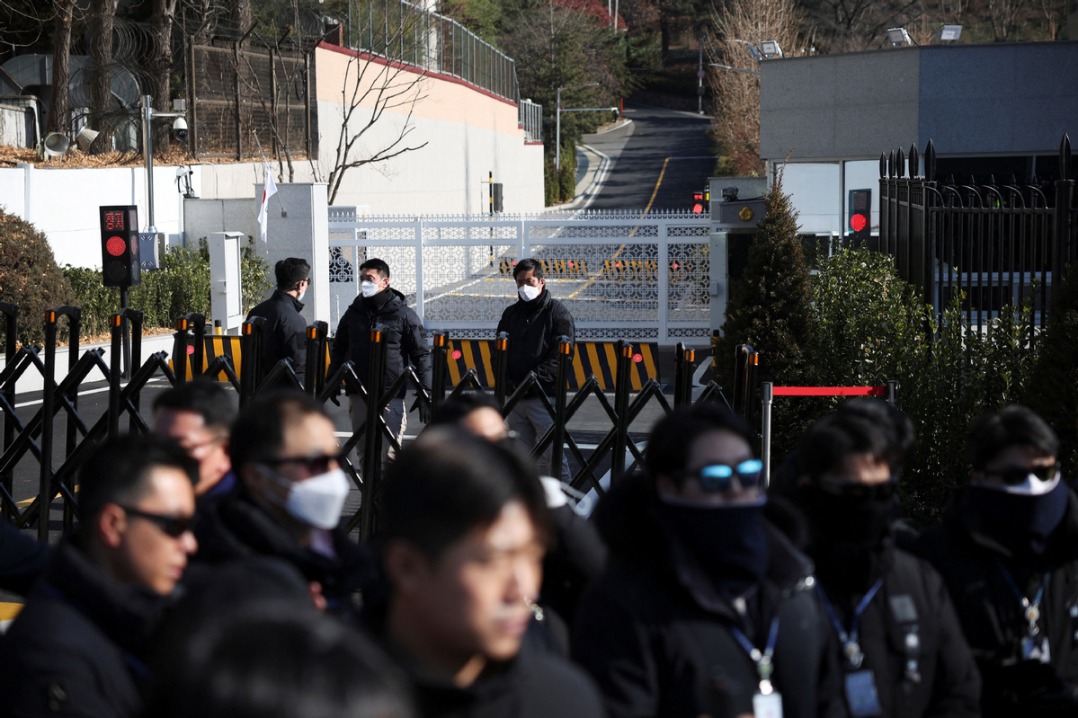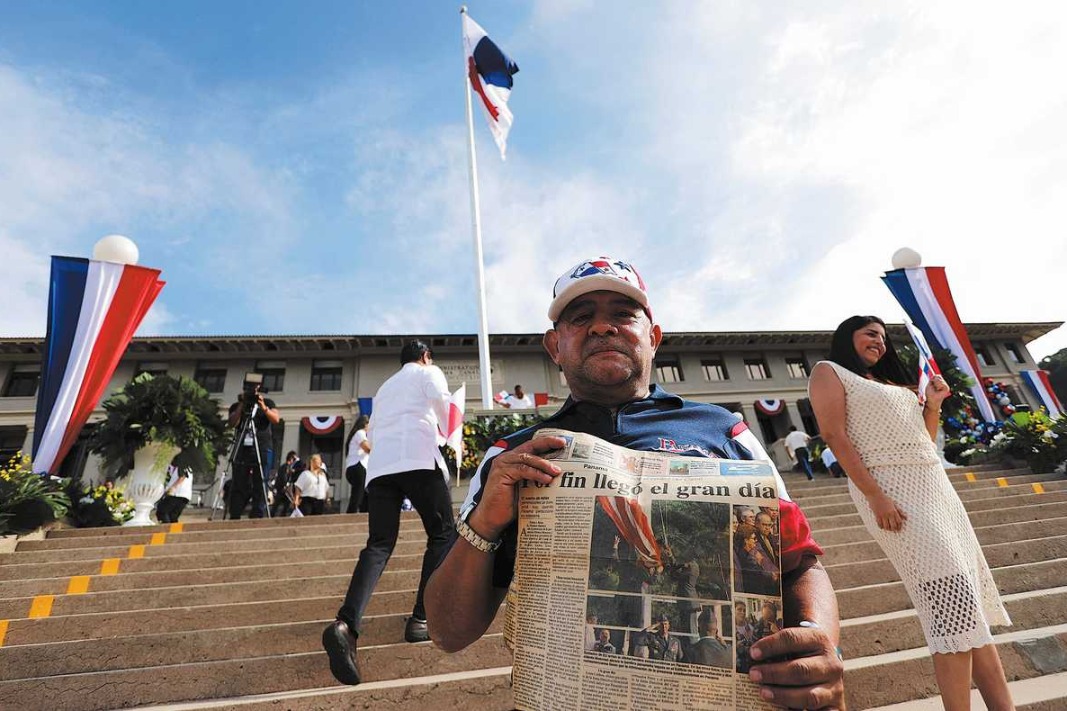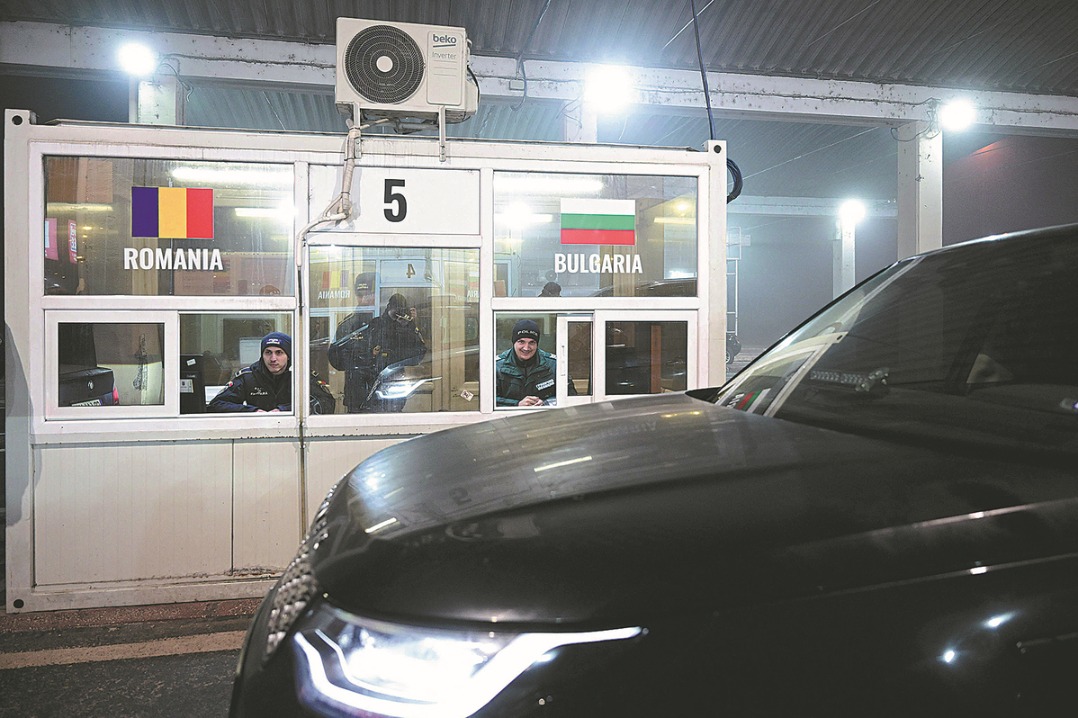Bangladesh said to hold new polls after introducing reforms


Bangladesh's interim government said it plans to hold national elections soon after introducing vital reforms, adding that its top priority is to bring the law and order situation under control.
At the same time, the administration said it will undertake robust and far-reaching economic reforms to restore macroeconomic stability and sustain growth.
"We will hold a free, fair participatory election as soon as we can complete our mandate to carry out vital reforms in our election commission, judiciary, civil administration, security forces and media," said Muhammad Yunus, chief adviser to the interim government. The interim government was formed after former prime minister Sheikh Hasina resigned and left the country on Aug 5 after weeks of student-led protests that even stormed her official residence in Dhaka.
Yunus was speaking during a meeting with diplomats in Dhaka on Aug 18. "We will be close to normalcy within a short period of time, with the unwavering support of our people and patriotic armed forces. The police force has also resumed their operations," he noted.
The government has instructed all the educational institutions across the country to resume academic activities from Aug 18 after about one month of closure. All the educational institutions at secondary and higher secondary levels, as well as polytechnic institutes were declared closed for an indefinite period from July 17 amid tensions over students' demonstrations.
In addition, a circular from the Bangladesh Central Bank on Aug 17, said that commercial banks are now required to raise cash withdrawal limits to 300,000 taka ($2,542) per account daily, up from the previous limit of 200,000 taka. On Aug 8, the interim government limited cheque withdrawals to 100,000 taka.
Meanwhile, the Financial Times newspaper reported on Aug 18 that India's Prime Minister Narendra Modi has accused Bangladesh's interim government of failing to protect the Hindu minority and creating tensions in the country.
But Yunus told the diplomats at the meeting on Aug 18 that the government will ensure the safety and security of all religious and ethnic groups.
He added that the government will nurture friendly relations with all countries in the spirit of mutual respect and understanding and shared interests.
Bangladesh's Foreign Affairs Adviser Md Touhid Hossain said last week that the interim government is keen to work closely with China. His remarks came after Chinese Ambassador to Bangladesh Yao Wen paid a courtesy call on him.
"Hon'ble Foreign Adviser stated the importance of the historic relations between Bangladesh and China and said that the interim government is keen to work closely with China," Bangladesh's Ministry of Foreign Affairs said in a post on Facebook.
"I also said that the people of Bangladesh view China positively," Hossain told media, adding that "regardless of government changes, relations will always be good".
UN officials said that a team will visit Bangladesh this week to set up a probe into the hundreds of deaths that occurred during the student-led protests.
An independent inquiry commission will be funded and led by the UN, according to Gwyn Lewis, the UN resident coordinator in Bangladesh, who met in Dhaka with Hossai.
Xinhua contributed to the story.

































